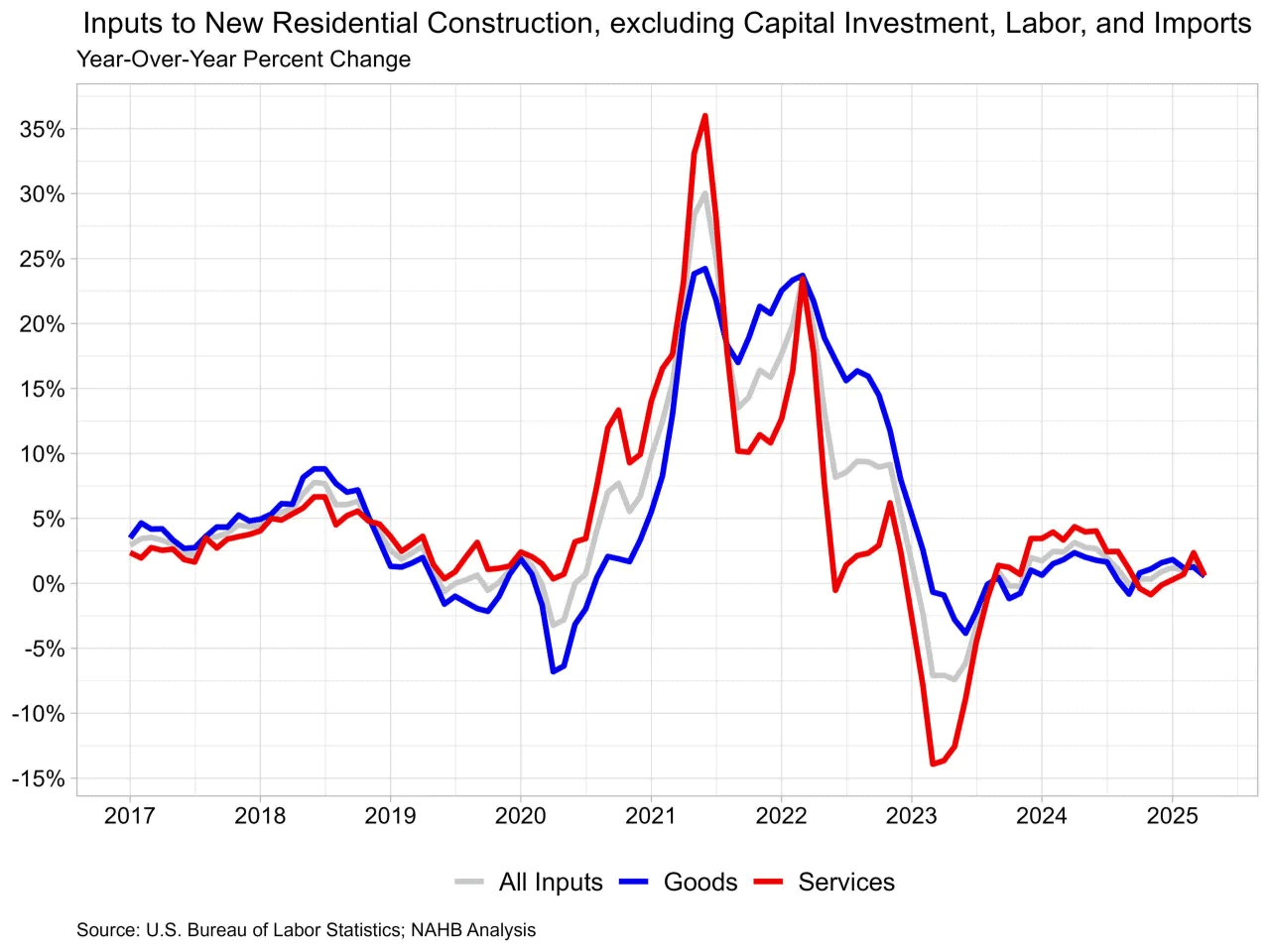
Contract manufacturing is the process of outsourcing a company’s product production to an outside manufacturer. This allows companies to save money and focus on their core business.
But which of the following are considered benefits of contract manufacturing? Here are some of them: 1. Cost-Efficiency. This is a big one.
1. Cost-Efficiency
A contract manufacturer is specialized in their area of expertise and can often provide equipment, space, and labor for much less than the costs required to purchase or build a similar production facility. This can be especially valuable for companies that don’t have the necessary capital to invest in a manufacturing facility.
In addition, contract manufacturers are typically able to get better prices for the raw materials and parts used in the manufacturing process, which can help save on overall costs. Contract manufacturers also have the ability to scale up or down production as needed, which can help companies manage seasonal and demand fluctuations.
Additionally, contract manufacturers may have existing capacity that they can easily tap into. This can be particularly helpful for companies with limited internal bandwidth who need to focus on other aspects of the business. The contract manufacturer will take care of implementing the new process and ramping up production as needed, which can save companies significant time and money. By outsourcing, a company can focus on developing and marketing their core products and services.
2. Streamlined Production
Contract manufacturing is a great option for companies that don’t have the resources to handle everything themselves. There’s a lot involved in the process: acquiring raw materials, designing new products, creating prototypes, and shipping out finished goods. It takes a lot of time and resources to get things right, and even the smallest mistake can cause costly production delays (like a lightning strike on a container ship).
Luckily, contract manufacturers have a wide range of capabilities and can streamline the entire process, saving you valuable resources for other initiatives. The best contract manufacturers will walk you through every step of the process, helping you select appropriate materials, produce detailed computer models and prototypes, and handle everything related to assembly and shipping.
They also know your industry’s regulatory standards, allowing them to reduce costs by eliminating any unnecessary steps in the process. This streamlined approach to production can help you meet your KPIs and stay competitive in the marketplace. The key is to find a manufacturer that is reputable, experienced, and understands your business model.
3. Better Quality
When a company outsources their manufacturing, they need to make sure they are working with a manufacturer that is reliable. The last thing they want is to work with a company that has poor customer service, produces low-quality products or uses inferior materials.
A quality management system (QMS) is an established set of policies, processes and procedures designed to manage and improve product quality throughout the production lifecycle. A QMS includes a quality policy statement, measurable quality objectives, inspection and testing protocols, sampling plans, documentation and certification.
When looking for a contract manufacturing partner, it’s important to do your research and find a quality-focused company that is willing to show you their workshop and demonstrate the methods they use to create your product. This is the only way to ensure that you are confident in their abilities and that they will provide high-quality, reliable products. In addition, the company should be able to provide you with glowing client testimonials and demonstrate a comprehensive understanding of your industry and business structure. They should also be able to clearly explain the different costs associated with each stage of the product creation process.
4. Flexibility
Contract manufacturers are used to increasing and decreasing production levels based on customer demand. This flexibility allows a company to focus on marketing, sales, and customer service. This is particularly beneficial for companies that don’t have the resources or bandwidth to manage manufacturing in-house.
Additionally, contract manufacturers can help a company save money through economies of scale. As the contract manufacturer produces more of a product, they can spread the fixed costs associated with purchasing raw materials across a larger volume of products, thereby reducing the cost per unit.
The best contract manufacturers are willing to walk a company through every step of the process. They’re able to provide technical expertise, make detailed computer models, prototype the design, and produce the final product. They can also handle shipping and quality control.
This is the model employed by behemoth electronics companies like Foxconn, which produces iPhones for Apple and other major players in the industry. Companies in the food, energy, and telecommunications industries also utilize contract manufacturers. This helps them cut costs and focus on the aspects of their business they do well.
5. Time-to-Market
Depending on the industry and market, a company’s time-to-market (TTM) may be important. A quicker TTM can give a company a competitive edge, attracting customers and driving business growth. It can also reduce risk by enabling companies to quickly respond to evolving customer demands.
The process of manufacturing a product is complex and involves many moving parts. There’s equipment to maintain, a workforce that needs training and investment, rigorous quality assurance activities, and more. All of these factors can lead to project delays, which ultimately affects TTM.
When a company uses contract manufacturers, they don’t have to worry about these challenges, which can allow them to speed up production. However, it’s important for a company to choose contract manufacturing partners carefully. This includes interviewing potential contract manufacturers, reviewing their capabilities and turnaround times, and checking references. It’s also essential that a company not disclose any proprietary information to a contractor, including formulas or technology. This can lead to intellectual property theft, which can damage a company’s reputation. It can also compromise the quality of a final product, which could hurt a company’s brand image.































